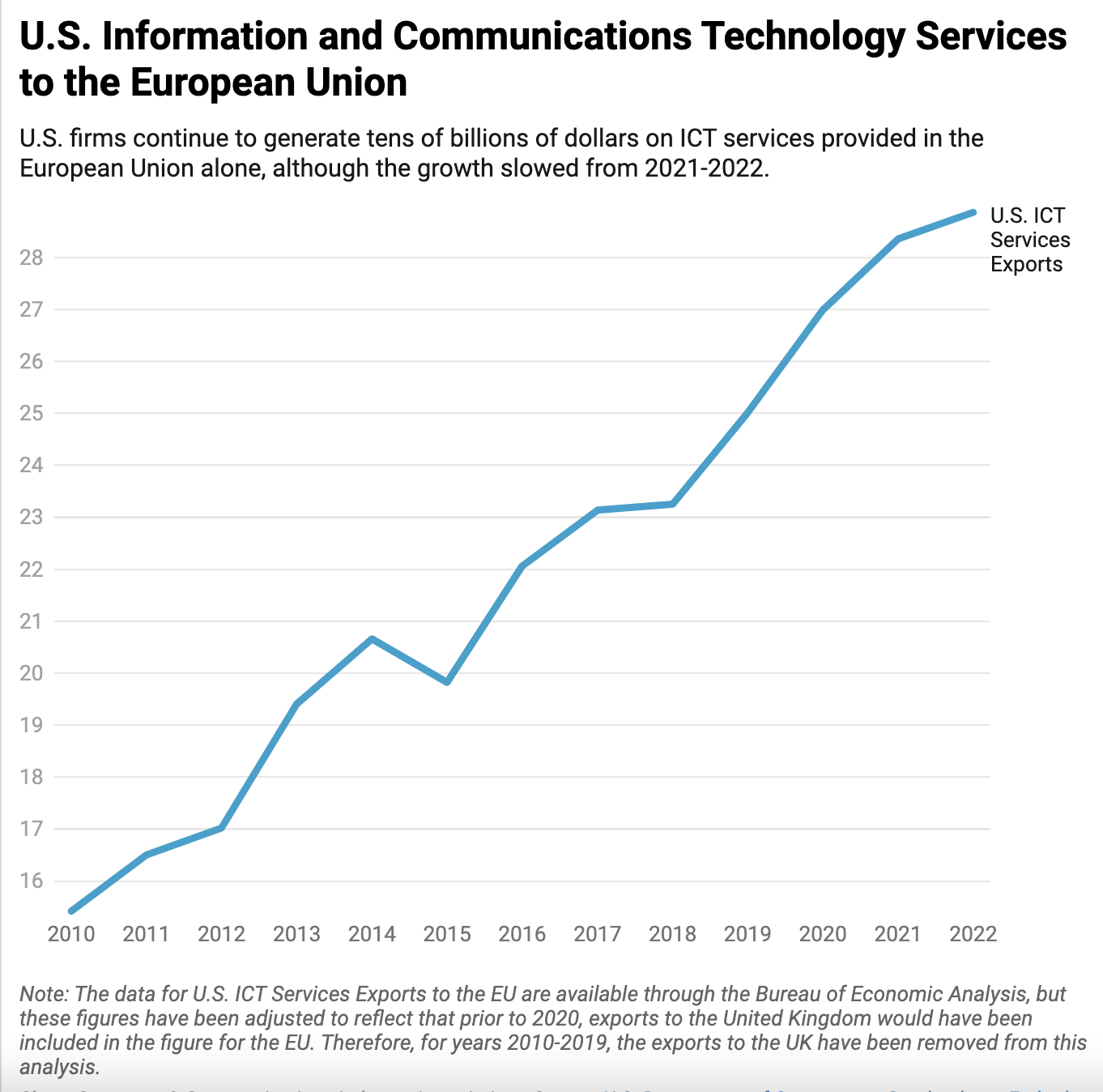California Considers Another Digital Tax with Harmful Consequences

California legislators recently unveiled the state’s latest misguided attempt to rebuild the local news industry — SB 1327. The bill proposes what the legislator calls a “Data Extraction Mitigation Fee”, which imposes fines on online platforms meeting certain monetary and service thresholds.
During a press conference introducing the bill, Sen. Glazer noted there were only three companies this bill would apply to — Meta, Google, and Amazon. This is due to each company grossing more than $2.5 billion in advertising revenue, selling “advertisers information about or access to users of their services, and engaging in a digital barter by providing services to a user in full or partial exchange for displaying advertisements to the user or collecting data about them.”
Glazer also references “data mining” conducted by what he refers to as “tech giants” during the press conference. Notably, the bill and the related fines would not apply to data brokers. It is not clear why the bill overlooks the industry and businesses that lack any first-party relationship with California residents. If the focus is to ensure that California residents have control over the data being collected, then first-party relationships should not be the focus. Consumers have no control over the data collection practices of companies they do not know exist, data brokers.
Aside from punishing American companies for their success, this tax on digital advertising services would have long-lasting implications for small businesses in varying industries. The state must encourage the adoption of technology tools and digital solutions that improve efficiency, productivity, and competitiveness for small businesses. Research on digital advertising has found that if policies restrict websites from collecting consumer personal data that is key to their function and move toward an untargeted ad model, this causes consumers to pay with higher prices or in time and attention watching a greater number of irrelevant and untargeted ads.
Additionally, advertising revenues are key to subsidizing parts of the internet that users and companies alike enjoy for free or little cost like search engines, email, mapping services, and social media.
A recent coalition letter emphasized the impact of this bill on small businesses within the state, noting how the American economy has been transformed by digital advertising and data. With a tax like this, the advertising opportunities that level the playing field for mom-and-pop shops and entrepreneurs alike would be decimated. CCIA research has found that 85% of startups utilize marketing and digital advertising software. This access to these tools and digital services is invaluable as they seek to reach new audiences and communicate with potential customers.
In introducing this bill, Glazer emphasized the barter process users participate in when they use digital services, but the bill exempts news media including TV, radio, and other parts of the web that include free content. Unfortunately, this approach would also lead to carve-outs of some of the biggest broadcasting conglomerates and hedge funds in the country (as I have pointed out before).
Ultimately, SB 1327 will discourage business in California and beyond. As a state with a rich history in startups and entrepreneurship, it is key for the legislature to refrain from passing this bill and instead focus on meaningful change for local journalism and ensuring an environment where small businesses can thrive.
California must encourage the adoption of technology tools and digital solutions that improve efficiency and productivity for small businesses. This ongoing trend of taxing the basic foundations of the internet stands to harm the most important tenets of information sharing online. This bill and others like it are not the solution to the ongoing local journalism disruption many communities are facing.








